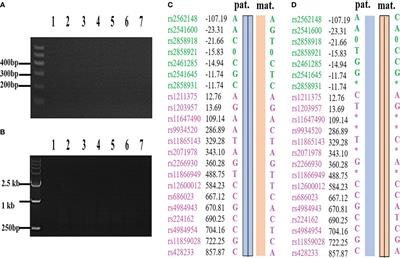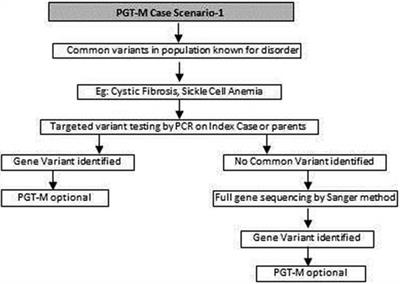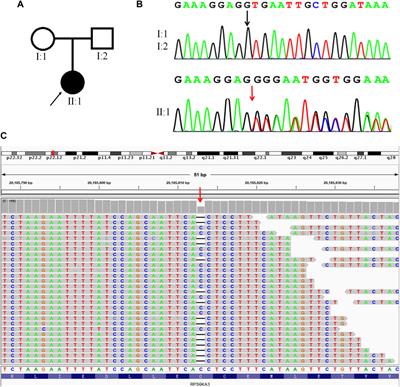ORIGINAL RESEARCH
Published on 08 Mar 2024
Appropriate whole genome amplification and pathogenic loci detection can improve the accuracy of preimplantation genetic diagnosis for deletional α-thalassemia

doi 10.3389/fendo.2023.1176063
- 1,126 views
- 1 citation



